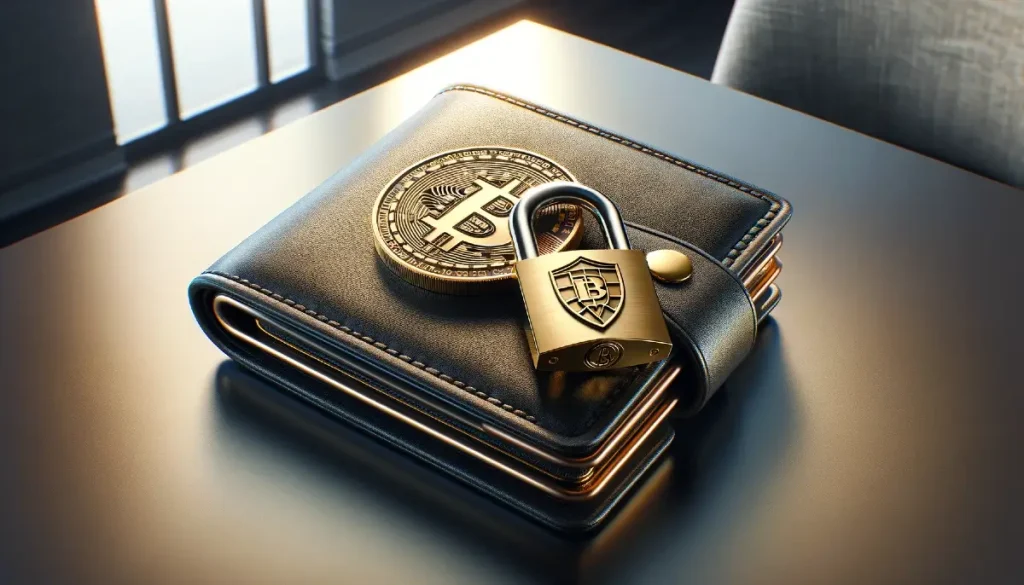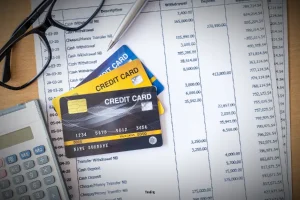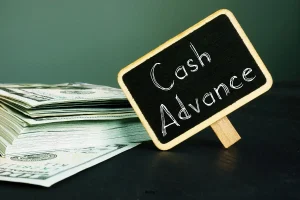8 Current Best Practices for Keeping Your Cryptocurrency Wallet Safe
The cryptocurrency market has had its fair share of trials and tribulations, from facing regulatory uncertainties to skepticism from traditional financial institutions. However, despite these challenges, the crypto market is currently experiencing a remarkable resurgence, fueled by various factors like increased institutional adoption, growing mainstream acceptance, and continuous technological advancements.
Growing interest and investments from institutional players have also contributed to the legitimization of cryptocurrencies as an asset class. Moreover, broad acceptance of digital currencies in mainstream finance and commerce has paved the way for widespread adoption and integration of crypto into everyday transactions.
But the increasing popularity of the crypto market also comes with heightened security risks for cryptocurrency wallet owners. The decentralized nature of cryptocurrencies, while offering unprecedented financial freedom and autonomy, also exposes users to various threats. Phishing attacks, malware, viruses, and private key theft are among the top security concerns facing cryptocurrency owners today, and they are just a few among the evolving threats that traders will need to shield their crypto wallets from.
With the value of cryptocurrencies reaching new highs and the market attracting greater attention from malicious actors, it’s all the more urgent for a trader to protect the holdings in their crypto wallet. Let’s explore the current best practices for keeping your own crypto tokens safe:
1) Choose Wallets from Trusted Providers
When it comes to selecting cryptocurrency wallets, only go for the ones offered by trusted providers. Wallets developed by reputable companies or open-source projects often have a good track record for security and reliability, and they prioritize user privacy above all else.
A trader using an XMR wallet by a reliable organization, for instance, can be assured of full confidentiality whenever they exchange Monero coins. Such a solution should also use strong encryption and various other technologies to safeguard the privacy of its users.
An open-source crypto wallet means that anyone is allowed to view, audit, and contribute to the codebase, thus enhancing the transparency and security of the solution. This collaborative approach towards security will allow users to participate in a community-driven ecosystem, where vulnerabilities can be identified and addressed promptly.
2) Secure Your Private Keys and Devices through a Hardware Wallet
In the parlance of crypto, private keys are cryptographic keys that grant you access to your funds. Thus, it’s essential for you to secure your keys to avoid theft and fraud.
One highly recommended method for securing your private keys is to explore a hardware wallet. These wallets store private keys in a secure, offline environment, which is inaccessible to hackers or malware. They typically require physical confirmation from the user to authorize transactions, adding an extra layer of security to the mix. Moreover, contemporary hardware wallets often include built-in encryption and backup features, further enhancing the security of your private keys.
3) Use Strong Passwords
Strong passwords are another fundamental aspect of maintaining the security of your cryptocurrency wallet. Choose passwords that are complex and unique, incorporating a combination of uppercase and lowercase letters, numbers, and special characters.
Do your best to avoid using easily guessable passwords or reusing passwords across multiple accounts. If you’re having difficulty creating and remembering unique passwords, consider using a reputable password manager to both generate and store your passwords in a secure manner.
4) Use Multifactor Authentication (MFA)
Multifactor authentication (MFA) is another security measure for your crypto wallet that you should explore. MFA requires additional verification beyond just a password, which makes it harder for unauthorized persons to get ahold of your crypto coins.
Common forms of MFA include one-time passwords sent via SMS or generated by authentication apps, biometric authentication (such as fingerprint or facial recognition), or hardware tokens. Upon enabling MFA on your wallet accounts, you’ll be able to significantly reduce the risk of unauthorized access, even if your password is compromised.
5) Be Cautious When Using Online Services
Using online services in tandem with your cryptocurrency wallet can provide you with more convenience and satisfaction in your trading journey, but you’ll also want to exercise extra caution in order to protect your funds. Cryptocurrency exchanges or wallet management platforms are often targeted by hackers and cybercriminals due to their potential for large financial gains.
If you want to join and link up your wallet with one of these, do your research and choose reputable platforms with a history of security and reliability. You must also avoid sharing sensitive information, such as private keys or passwords, with online services to minimize the risk of security breaches, fraud, and financial loss.
6) Be Vigilant of Phishing Scams
Phishing scams remain prevalent in the cryptocurrency space, targeting users of online services, exchanges, and wallets. These attacks typically involve fraudulent attempts to obtain sensitive information, such as login credentials or private keys, by impersonating legitimate platforms or sending deceptive messages.
As such, be hyperaware of the existence of phishing scams and carefully scrutinize any unsolicited emails, messages, or websites that request sensitive information. Avoid clicking on suspicious links or downloading attachments from unknown sources, and always verify the authenticity of communication before providing any personal or financial information—including info related to your crypto assets and wallet.
7) Invest in a VPN
Investing in a virtual private network or VPN can also enhance the privacy of any online activities related to crypto trading, especially when you’re conducting crypto transactions using public Wi-Fi. A VPN will encrypt your internet connection and route it through a secure server, thus protecting your data from interception by hackers or eavesdroppers.
Upon masking your IP address and encrypting your traffic, a VPN will help safeguard your online identity and sensitive information from prying eyes. When using online services that link up with your cryptocurrency wallet, consider using a reputable VPN service to add an extra layer of protection against potential security threats and data breaches.
8) Ensure Your Wallet Receives Regular Updates and Support
Lastly, you’ll want to regularly update your cryptocurrency wallet software to maintain its security and functionality. Developers frequently release updates and patches to address security vulnerabilities, improve performance, and introduce new features, and you shouldn’t be remiss in checking these out.
To make things easier, enable automatic updates where possible. Also check for updates manually from time to time to ensure that your wallet is running the latest version. If your wallet receives regular updates and support, you’ll be able to mitigate the risk of exploitation by malicious actors and stay protected against emerging threats to your crypto holdings.
Again, now that the crypto market is experiencing another renaissance for growth and adoption, it’s all the more important for traders to protect what’s in their wallets. These current best practices should hold valid in the long term against unauthorized access, theft, and loss of funds, thus allowing you to enjoy the benefits of your crypto trading journey with full peace of mind.








